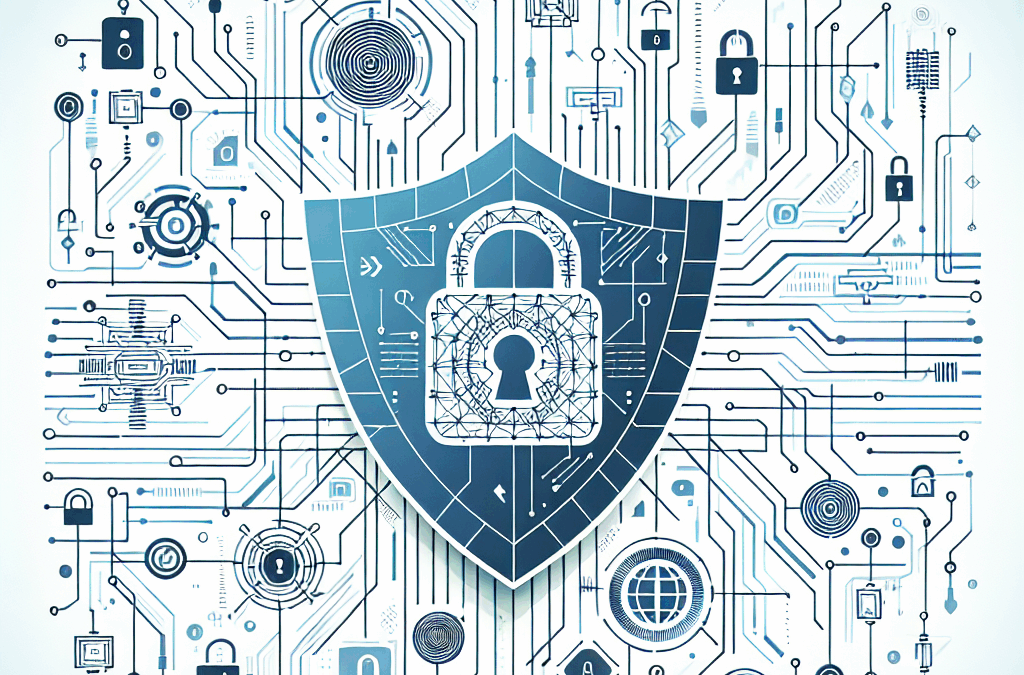Imagine waking up one morning to discover your business email has been hijacked and sensitive client documents are at risk. That sinking feeling is what every solopreneur fears, but with a few quick steps you can lock down your digital workspace without feeling overwhelmed. Cybersecurity doesn’t have to be a tech nightmare—think of it as adding sturdy locks and an alarm system to your virtual office.
As a solopreneur, you wear many hats—marketing expert, bookkeeper, customer service rep and more. Among these roles, guarding your business from cyber threats might feel like a specialist’s job. The truth is simple precautions can go a long way. In this article, we’ll cover 10 quick tips you can start using today so you can focus on growth instead of worrying about hackers.
1. Secure Your Devices
Your laptop, tablet and smartphone are like the front doors to your business. If they’re unlocked or left wide open, you’re giving cybercriminals an invitation.
- Use a screen lock and password or PIN on every device.
- Enable full-disk encryption so that if a device is lost or stolen, data remains unreadable.
- Keep operating systems and apps up to date. Developers release security patches to fix vulnerabilities—install them as soon as you can.
Real-world comparison: Think of software updates like replacing old locks with new ones. Skipping them leaves you open to break-ins.
2. Manage Passwords and Access
Weak or recycled passwords are like leaving your key under the welcome mat. A simple phrase or date can be cracked in seconds.
- Create unique, complex passwords for every account.
- Use a password manager to store and autofill those credentials.
- Enable multi-factor authentication (MFA) wherever possible. A second step—like a text code—adds a vital extra layer of security.
Analogy: Think of MFA as a two-step handshake. Even if someone guesses your password, they still can’t get in without that second confirmation.
3. Protect Your Data
Your business data—client files, invoices, tax records—is the lifeblood of your operation. Losing or exposing it can be devastating.
- Back up important files regularly to an external drive or secure cloud service.
- Store backups offline or in a separate account so they’re safe if your main system is compromised.
- Use encryption tools for highly sensitive documents before sharing or storing online.
Real-world example: Just as you’d keep a spare key with a trusted neighbor, having an offline backup stands between you and data loss in case of ransomware or hardware failure.
4. Secure Your Network
Your home or office Wi-Fi acts like a highway for your data. An unsecured network is like driving on a road full of potholes and unseen hazards.
- Keep your router’s firmware up to date.
- Change default network names (SSIDs) and administrator passwords.
- Set up a strong Wi-Fi password using WPA3 encryption if available.
- Avoid using public Wi-Fi for business tasks—if you must, use a virtual private network (VPN) to create a secure tunnel.
Analogy: A VPN is like a private tunnel beneath a busy street. Even if the street traffic is chaotic, your information travels safely out of sight.
5. Be Wary of Phishing and Scams
Phishing emails and scam messages are the most common way attackers trick solopreneurs into handing over access.
Learn to spot these red flags:
- Unfamiliar senders or unexpected attachments
- Sense of urgency or threats if you don’t comply immediately
- Mismatched URLs when you hover over a link
Pause before you click. If an offer seems too good to be true, it probably is. One wrong click can unlock the door for malware.
6. Use Industry-Standard Security Software
Defense in depth—layered security measures—works best when you combine automation with proven tools.
- Install reputable antivirus or endpoint protection software.
- Enable real-time scanning to catch threats as they appear.
- Run scheduled scans weekly to ensure no malware slipped past your defenses.
Comparison: Just as you wouldn’t rely on a single lock for your front door, pairing automated scans with manual checks keeps your system in top shape.
7. Keep Business and Personal Accounts Separate
Blending work and personal accounts can create confusing security gaps.
- Create dedicated business email addresses and user profiles.
- Use separate payment methods for business subscriptions and personal purchases.
- Limit business access on personal devices or vice versa.
Analogy: It’s like having separate wallets for business expenses and personal shopping—if one is lost, the other remains safe.
8. Limit Admin Rights
Running as an administrator all the time is like leaving your front door keys in the ignition.
- Create a standard user account for day-to-day work.
- Use an administrator account only when you need to install new software or change critical settings.
This simple habit can prevent malicious software from gaining full control if it somehow lands on your system.
9. Educate Yourself and Stay Informed
Cyber threats evolve constantly, so ongoing learning is crucial.
- Sign up for a trustworthy security newsletter.
- Attend free webinars or short courses tailored for small businesses.
- Join online communities where solopreneurs share real-world security experiences.
Analogy: Just as you’d refresh first-aid knowledge every year, brushing up on security best practices keeps you ready for new challenges.
10. Consider Professional Support
Even with these basic steps, you may still have gaps in your defenses. Partnering with a security expert can provide the extra layer of confidence you need.
Think of professional cybersecurity as hiring a locksmith who knows the latest break-in techniques and can install advanced protection.
By combining intelligent automation, industry-standard hardware and software, your business stays agile and secure without becoming a tech project.
Ready to take your security to the next level? Learn more about NT Cyber Shield and Schedule a consultation

